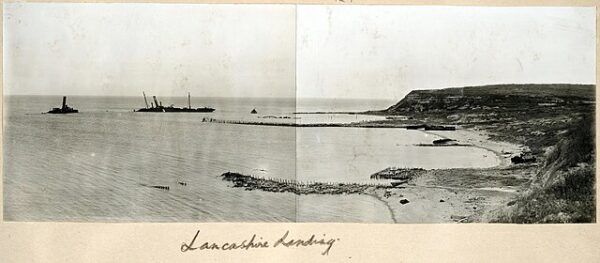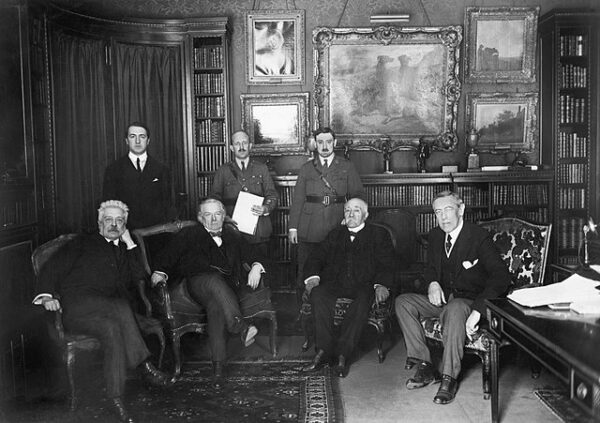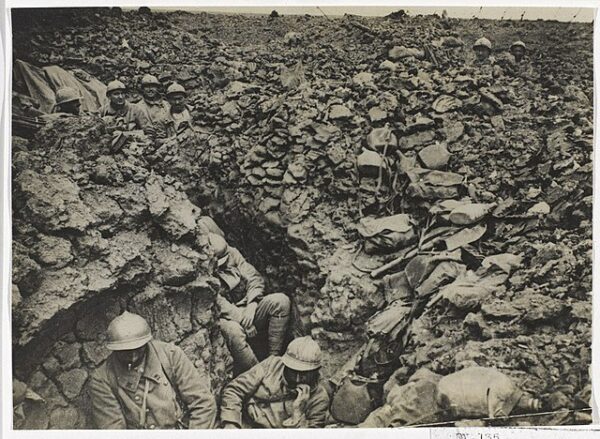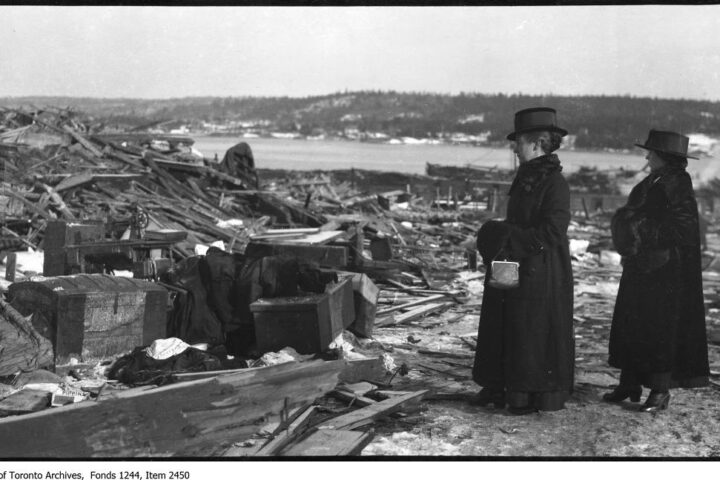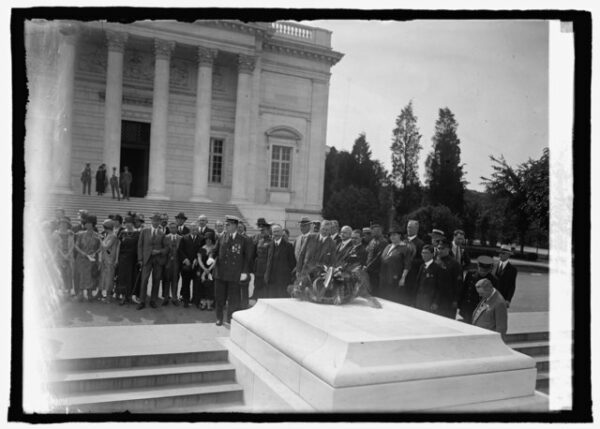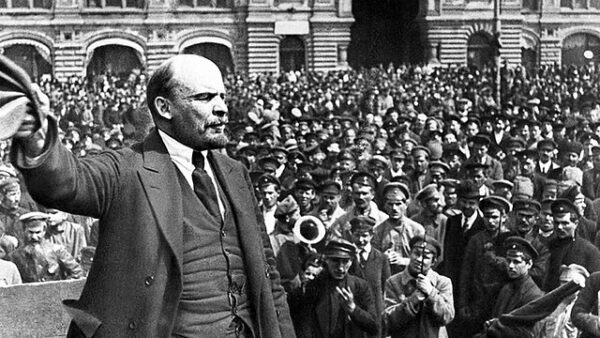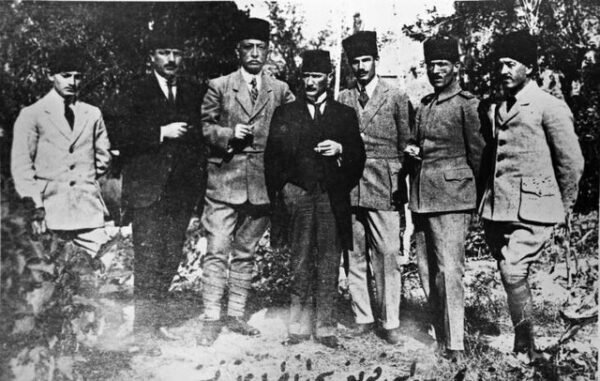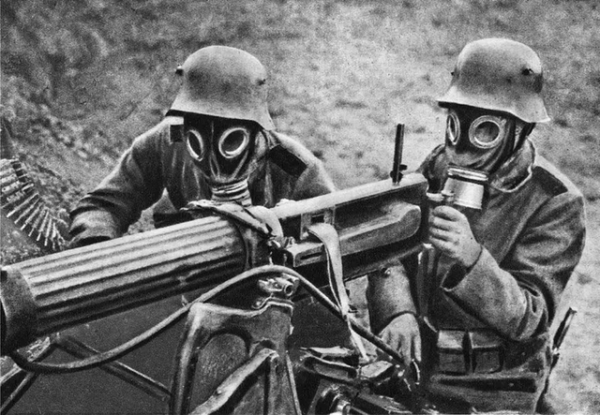On January 9, 1916, the Battle of Gallipoli ended with a decisive Ottoman victory, marking a pivotal moment in World War I. This campaign, spanning from April 25, 1915, to January 1916, represented a daring but unsuccessful Allied attempt to seize control of the…
Read MoreOpening on January 18, 1919, The Paris Peace Conference, following the end of World War I, was a historic gathering that aimed to reshape the world order and establish lasting peace in the aftermath of horrifying destruction. Attended by leaders of the Allied Powers,…
Read MoreIn the early hours of December 24, 1914, amid the frozen mud and shattered landscapes of the Western Front, an extraordinary pause descended upon the bloodiest conflict Europe had ever known. World War I, only five months old, had already hardened into a war…
Read MoreThe Battle of Verdun, one of the most grueling and catastrophic battles of World War I, came to an end on December 18, 1916. After ten months of relentless combat, the second French counteroffensive successfully pushed German forces back by two to three kilometers,…
Read MoreOn the morning of December 6, 1917, Halifax, Nova Scotia, experienced one of the most devastating events in Canadian history. A collision between two ships in Halifax Harbour led to an explosion of catastrophic proportions, killing over 1,900 people, injuring 9,000 others, and destroying…
Read MoreOn November 11, 1921, in a solemn ceremony at Arlington National Cemetery, President Warren G. Harding dedicated the Tomb of the Unknown Soldier, honoring an unidentified American serviceman who had died in World War I. The tomb, situated prominently on a hill overlooking Washington,…
Read MoreOn November 5, 1917 (New Style; October 23 by Russia’s Old Style calendar), Vladimir Lenin pressed his case for an immediate armed uprising, transforming months of revolutionary agitation into a concrete timetable. Bolshevik power in Petrograd had grown rapidly since the summer: factory committees…
Read MoreThe morning of October 6, 1923, marked the end of an era—and the symbolic birth of another. For nearly five years, foreign troops had occupied Constantinople (modern-day Istanbul), the ancient capital of empires, following the Ottoman Empire’s defeat in World War I. That day,…
Read MoreThe Second Battle of the Somme, commencing on August 21, 1918, marked a significant phase of the Allied Hundred Days Offensive, which ultimately led to the end of World War I. This battle, fought in the Somme region of France, was a vital part…
Read MoreOn August 13, 1913, Harry Brearley, a pioneering metallurgist hailing from England, added some chromium to a steel mixture and changed industry and home appliances forever. The mixture he produced made a strong metal that was both resistance to corrosion and rust, stainless steel. …
Read More

